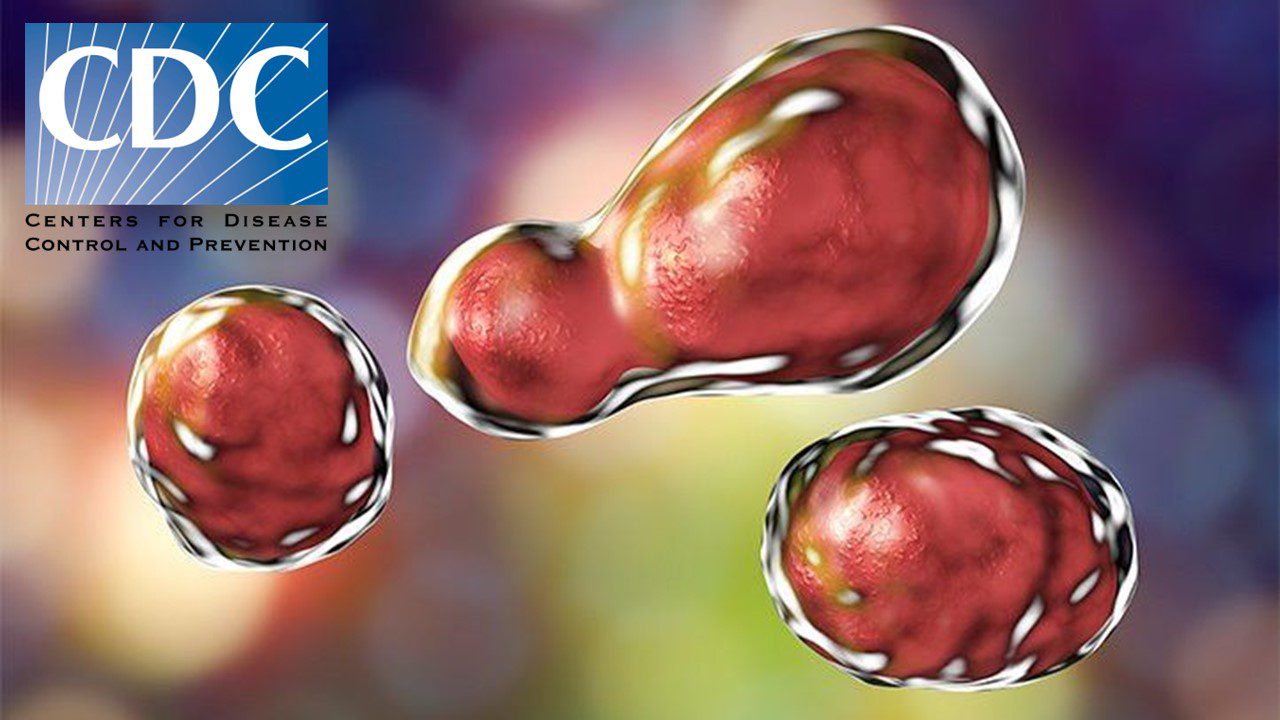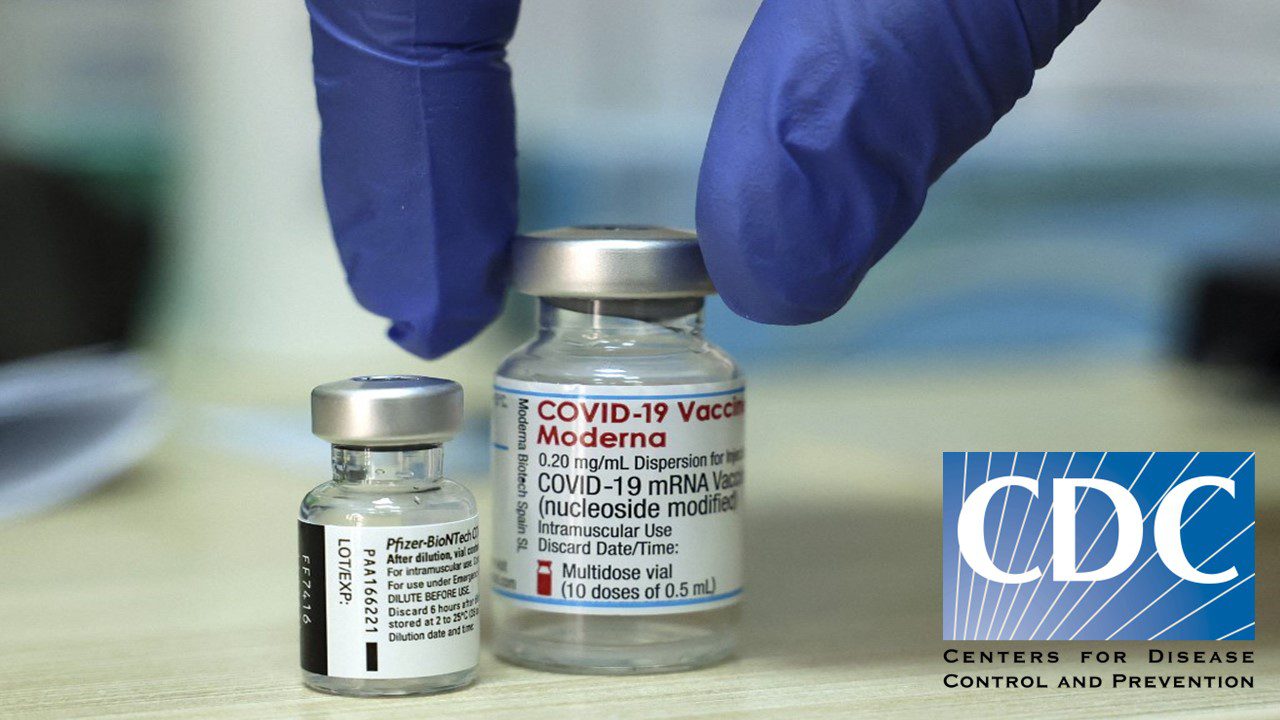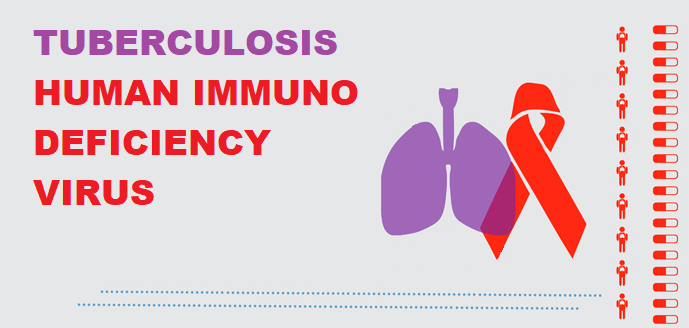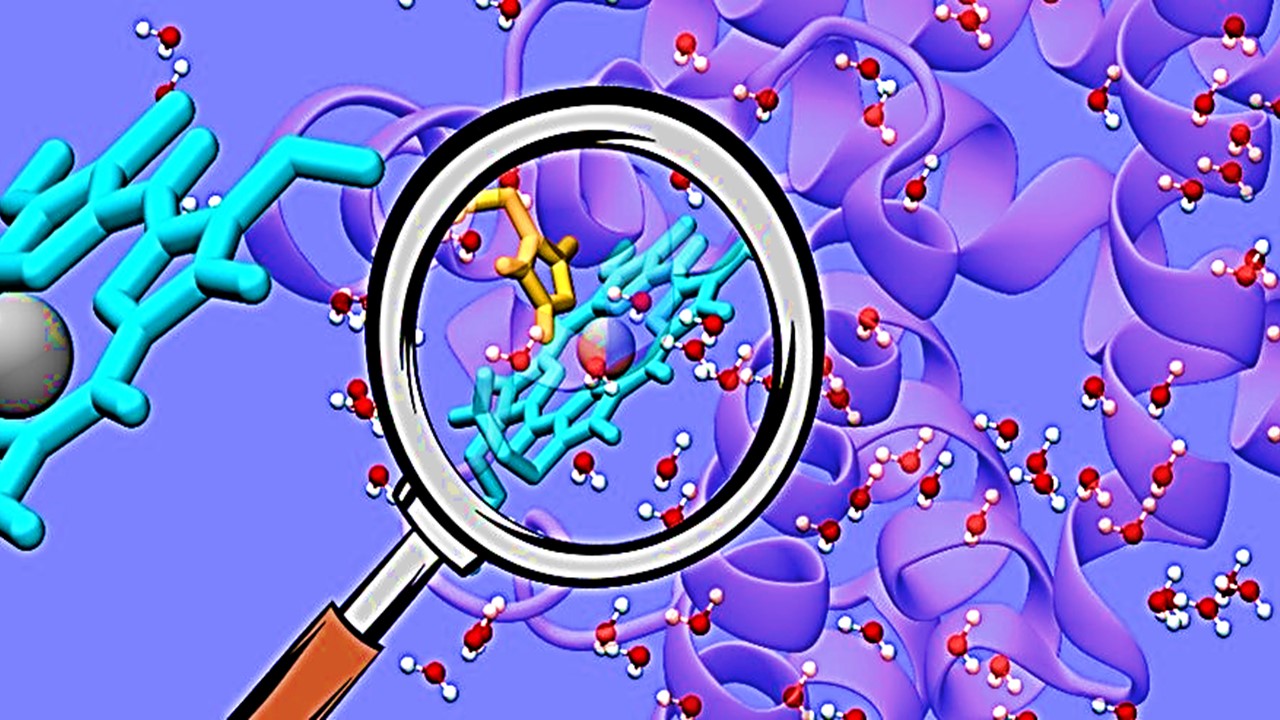HIV Status Quo
The number of persons living with HIV (PLWH) has significantly increased as a result of the creation and widespread use of antiretroviral therapy (ART).
The calculated life expectancy for those getting ART at 20 years of age ranges from 60% of the norm (in Rwanda) to 89% of the norm (in Canada). Growing numbers of PLWH are getting older as a result of better long-term survival probabilities. Nearly 50 percent of PLWH in the US are now older than that. In order to manage and treat primary and secondary infections, the systems for caring for PLWH were initially created.
The management of noncommunicable comorbidities in patients who have had their HIV infection under control for years or decades is therefore not always optimized or integrated into these systems.
HIV Cardiometabolomics
Cardiometabolic diseases are prominent among noninfectious comorbidities in PLWH. PLWH are twice as likely as uninfected people to have cardiovascular disease (CVD). While medication treatment is available for illnesses such as hypertension, hypercholesterolemia, and diabetes, behavioral changes such as nutrition, physical exercise, and sleep are equally significant measures for preventing and managing these problems.
Not Getting Enough Zzs
A well-known side effect of having HIV, with an estimated prevalence of 58%, is poor sleep quality.
Although broad sleep abnormalities in PLWH are frequently documented, the precise nature of these disturbances is rarely described in the literature currently in existence and generally lacks biological accuracy.
Insomnia symptoms, cognitive performance declines, and unusual, ostensibly weight-independent presentations of obstructive sleep apnea in PLWH have all been documented in reports. Additionally, in a cohort of veterans, it was shown that PLWH with “very bothersome symptoms of insomnia” had a greater risk of incident CVD than PLWH without insomnia, suggesting an independent role for sleep in raising CVD risk in PLWH.
Probing Into a Disrupted Circadian Rhythm
Research on sleep in HIV has thus far mainly examined its homeostatic components (as assessed by sleep staging and duration) rather than examining the possibility that HIV may also affect sleep-related aspects of the circadian cycle (such as sleep-wake timing) or fundamental indicators of circadian regulation. There have been some claims made in the literature that HIV might be connected to alterations in circadian rhythm.
Phase delay shifts in the rest-activity rhythms were seen in a mouse model after intraparenchymal injection of HIV Tat protein into the suprachiasmatic nucleus (SCN), the master circadian pacemaker. In one human investigation, PLWH had greater morning plasma melatonin concentrations than HIV-negative (HIV) people, which may indicate a possible delay in the circadian phase. Additionally, higher morning melatonin level was linked to higher concurrent levels of Tat protein.
Poor sleep and related daytime dysfunction in PLWH may be partially explained by disrupted circadian rhythms, which is also a possible risk factor for the greater proportion of cardiometabolic comorbidities.
Jetlag Effect Mimicry
In the Mpumalanga area of South Africa, where nearly one in four individuals with HIV, researchers from Northumbria and Surrey universities in the UK and University of the Witwatersrand and University of Cape Town in South Africa evaluated persons aged 45 and older living there. As a result, the infection is widespread and unrelated to lifestyle choices.
They discovered that people who were HIV positive had physiological daily rhythms that were, on average, more than an hour later than controls. Researchers found that their sleep started later and ended earlier, which contributed to their shorter sleep cycles. This raises the prospect that HIV infection could lead to a disruption of the circadian rhythm akin to that brought on by jet lag or shift employment.
The increased burden of health issues that people living with HIV are dealing with despite successful treatment, such as an elevated risk of cardiovascular, metabolic, and psychiatric illnesses, are thought to be profoundly impacted by this body clock disruption, according to the authors.
Always, Always, The Quality of Life
South Africa has the fourth highest incidence of HIV prevalence in the world. Researchers believe more financial support is urgently needed to find out whether younger HIV-positive people in other countries experience a similar disturbance to the body clock.
In essence, the participants who have HIV go through the same hour-long adjustment period as the start of daylight savings time every morning. This occurs despite the fact that virtually everyone is exposed to the identical cycle of light and dark. Given the well-known links between altered circadian rhythms and sleep deprivation, the findings could have significant effects on the health and welfare of HIV-positive individuals.
This risk profile resembles that of shift workers quite a bit. Understanding and minimizing this disruption could be a crucial first step in assisting people with HIV in leading better lives.
The Need for Global Cohorts Comparison
The findings point to a pressing area for study. The next stage in this process is to determine if younger HIV-positive individuals who reside in other countries also have the same body clock disruption.
The academic endeavor, in the opinion of study co-author Dale Rae of the University of Cape Town, is a superb illustration of the significance of researching sleep in Africans and shows how the results of this research may be applied to individuals all around the world.
The study was conducted as part of the MRC/Wits Agincourt Research Unit’s HAALSI (Health and Ageing in Africa: a Longitudinal Study of an INDEPTH Community in South Africa) cohort. A Newton Grant from the Academy of Medical Sciences provided the funding.
Subscribe
to get our
LATEST NEWS
Related Posts

Infectious Diseases & Vaccinology
Rezzayo™’s Latest EU Approval for Invasive Candidiasis Breaks Ground in Antifungal Therapy
Rezafungin marks the initial addition to the treatment arsenal for patients grappling with invasive candidiasis in more than 15 years.

Infectious Diseases & Vaccinology
Unmasking the Shadow: CDC Battles the Latest Fungal Meningitis Outbreak in Matamoros, Mexico
CDC tackles fatal fungal meningitis outbreak linked to surgeries in Matamoros, Mexico.
Read More Articles
Synthetic Chemistry’s Potential in Deciphering Antimicrobial Peptides
The saga of antimicrobial peptides unfolds as a testament to scientific ingenuity and therapeutic resilience.












